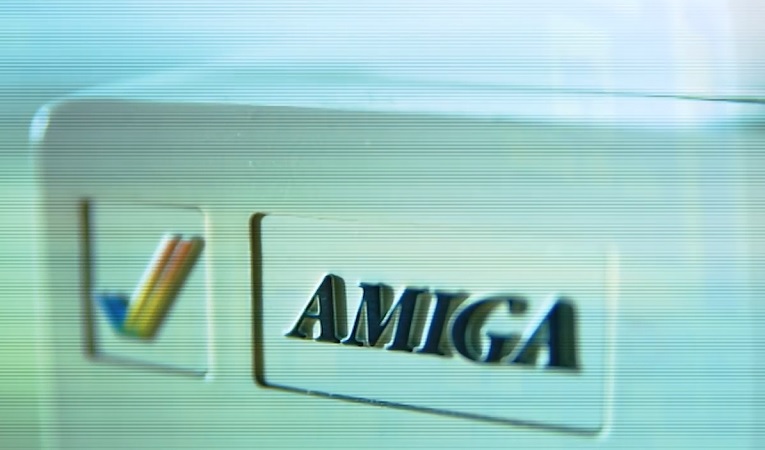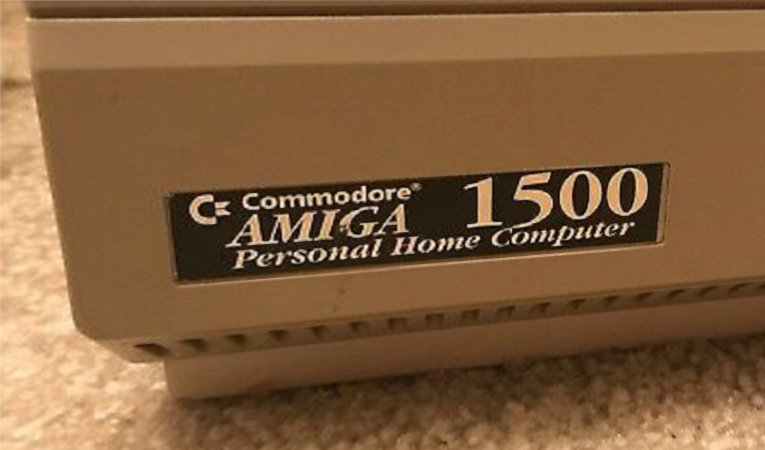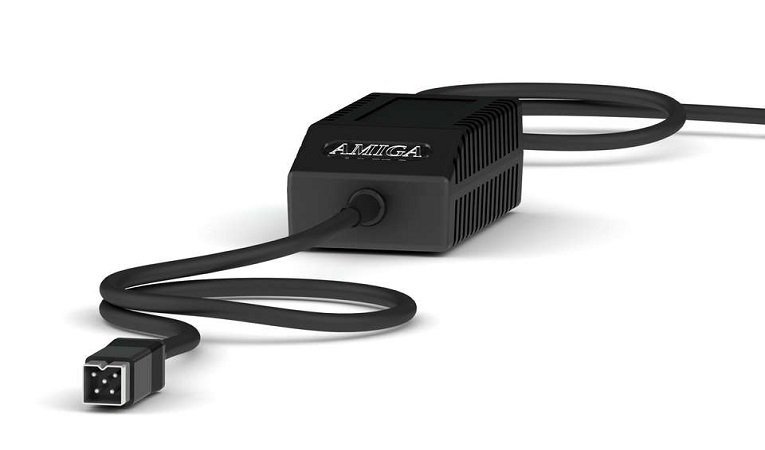
The Amiga computer, heralded for its pioneering multimedia capabilities and advanced architecture, emerged as a symbol of innovation in the 80s computing landscape. Despite the technical power of the Amiga, Commodore, the company behind the computer, had a hard time with effective financial management and marketing strategies. The engineers’ pride in their creation clashed with the company’s inability to capitalize on its potential. This incompatibility fuelled a feeling of betrayal and frustration amongst many involved Amiga’s engineers, and things got really out of control very quickly. Among the software engineers tasked with enhancing the Amiga’s graphical desktop environment, one individual decided to retaliate against Commodore’s marketing shortcomings. This engineer embedded a concealed message, commonly referred to as an “Easter Egg” in software development, which would only become visible when a specific combination of keys was pressed simultaneously. The message read, “We made the Amiga, they messed it up.” RJ Mical, a prominent figure in the Amiga project, found humor in the message, but he informed the engineer that it was unacceptable and needed to be removed. In the end, the engineer agreed, and upon Mical’s inspection of the final code, the offending text had been replaced with the message “Amiga: born a champion.” It appeared that the matter had been resolved.

However, unknown to RJ Mical, the engineer had concealed a second Easter Egg within the software – a more covert version of the original message. To access this hidden message, users had to perform a complex sequence of actions, but despite its complexity, the existence of the new covert Easter Egg gradually came to light. The covert message was discovered embedded within the ROMs of the European PAL version of the Amiga 1000, shortly after its UK release. In response, managers at Commodore UK swiftly removed tens of thousands of Amiga units from sale and postponed sales until replacement ROM chips, free of the controversial message, could be distributed. This seemingly innocuous jest by a lone software engineer had profound consequences, causing the Amiga to lose over three months of sales in a crucial market. The logistics of orchestrating such a widespread replacement effort posed financial, operational, and reputational hurdles for the company. Commodore Then made a strategic decision to relocate the Amiga team in proximity to the company’s headquarters, this for tighter quality control and greater vigilance over software development. The incident serves as a important reminder of how seemingly insignificant actions can trigger substantial consequences. A single engineer’s decision, driven by frustration and the desire to voice discontent, caused an unexpected and very expensive domino effect.
Image by stockking on Freepik














